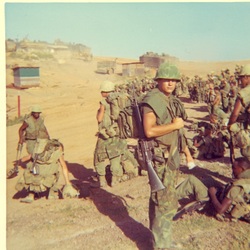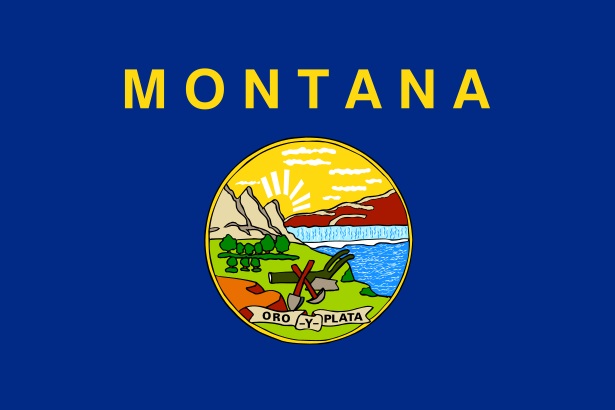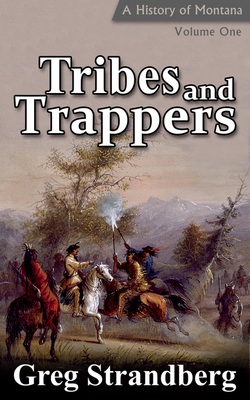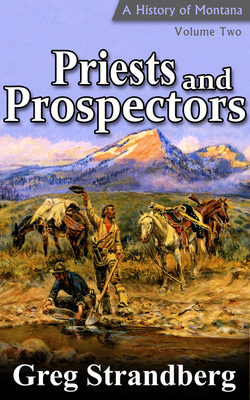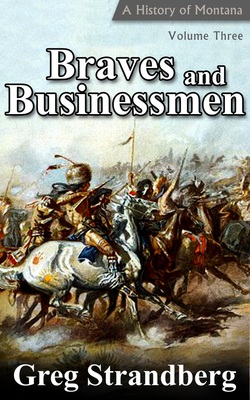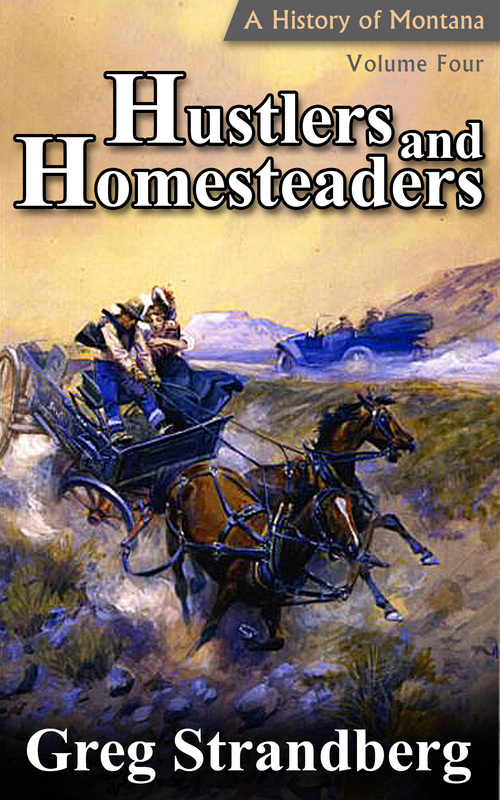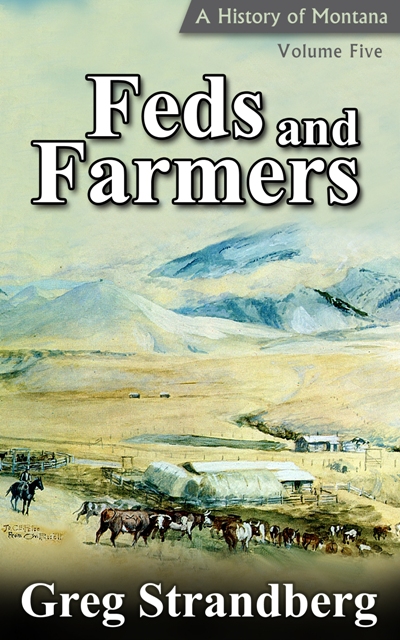
Now, it might sound a little silly electing members to our supreme court, and that’s why I’ll get into the history of that below. But before then, let’s get right into one of the main candidates in this race, current Montana Supreme Court Justice Mike Wheat.
Mike Wheat in Montana

In 1968 America was in a real quagmire in Vietnam, and Mike Wheat was serving over there. In March of ’65 we’d sent 3,500 soldiers over there to augment the military advisors we had in place, men that were transitioning the French out…or at least that was the idea.
Who knows what the idea was – not with corporations smelling blood, er...money – but we kept sending men anyways, 200,000 within the next nine months. The war escalated and by 1968 Mike Wheat of Montana was over there in Vietnam.
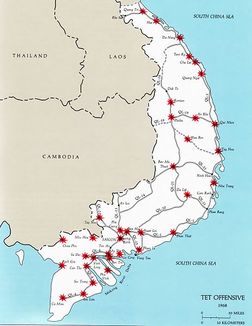 Map of Tet Offensive
Map of Tet Offensive It was the Tet Offensive and it marked the turning point of the war. General Westmoreland’s decision to secretly ask for 200,000 more troops two months later was the final straw – when that leaked the public turned against the war, although it’d drag on until 1975 before politicians finally managed to get us out of there.
Mike Wheat was there beginning in 1968, probably soon after the Tet Offensive. There’s very little information on his time in combat, but I’m sure it’s a helluva story. He’s got some interesting photos on his website, and a few are here:
 Mike Wheat's Purple Heart
Mike Wheat's Purple Heart He headed down to Butte, becoming the Deputy County Attorney there in 1981, and then opened a private practice in Bozeman. In 2010 Governor Brian Schweitzer tapped him to serve on the Montana Supreme Court when Justice John Warner retired for health reasons, perhaps owing to the time Wheat served in the legislature.
Yep, he was a politician before he was a judge, serving in the 2003 and 2005 legislative sessions as a state senator from Bozeman. He was done after that but did try for state attorney general in the 2008 race, losing to Steve Bullock in the primary. Imagine how the state could be different today, huh?
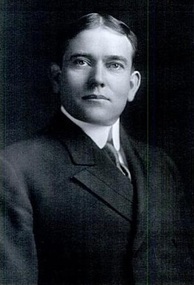 Charles Nelson Pray, c 1910s
Charles Nelson Pray, c 1910s And I don’t mind the fact that Mike Wheat wasn’t born in Montana – Spokane in 1947 – because his parents had the sense to move him here in 1948. You can’t blame someone for their parents’ error, especially when they fixed it. That’s why I don’t really care about this Daines talk, which is just the same as Obama-birther nonsense to me.
Anyways, I think Mike Wheat would be good for Montana for another eight years. I think this a lot because of that time Wheat spent in Vietnam.
Military service is important, but I really think that military service in Vietnam is doubly so, and for the following reasons:
- First, a lot of theses soldiers were scorned when they were fighting, when they got home, and then summarily forgotten;
- Then, Vietnam veterans holding important positions shows the returning veterans we have now that they too can aspire to great things, and achieve them;
- Next, we hear a lot about PTSD today, but I’m not sure you heard a lot about it at the time Wheat got out. Of course films like The Deer Hunter, Coming Home, and Jacknife all deal with this so we know it existed, but it just wasn’t really talked about. Again, having examples of people that went through hell and kept their cool then and later is something we want to highlight;
- Finally, you get a certain kind of decisiveness with military service, a level of clearheaded-leadership you just can’t get elsewhere. When you’re on the battlefield you get it more so. These are qualities you want in a judge, especially one on the Supreme Court.
 Lawrence VanDyke
Lawrence VanDyke We’ve got a long history in Montana of judicial corruption (Judge Clancy being bribed by Fritz Augustus Heinze is one I always point out) so perhaps this is why we have the system this way.
I’m worried that tradition will continue with Mike Wheat’s opponent, Lawrence VanDyke.
James Conner put it quite succinctly back in July:
Montana Supreme Court elections are officially nonpartisan, but the political affiliations of justices and candidates are no secret. Mike Wheat is a Democrat. Lawrence C.J. VanDyke is a Republican, and not just a Republican but a tea party Republican. Voting for a particular candidate is ostensibly a choice of judicial philosophies, but it’s at least as much a choice of political philosophies. So don’t be fooled by the official nonpartisan label. This is a de facto partisan election that likely will become unmistakably indecorous long before the final ballot is cast. If you like your law with tea, vote for VanDyke. If not, vote for Wheat.


